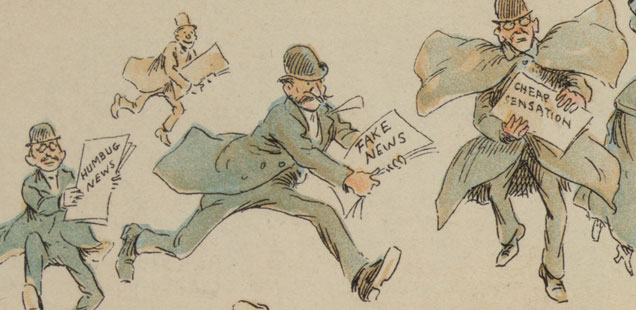
Ethics of Literary Journalism: Where Fact Meets Art
Pitchwars – People often say news must be simple and direct. However, real life rarely fits inside one headline. Sometimes a story needs emotion to be understood. For that reason, Literary Journalism appears as a bridge. It connects facts with feeling, and it carries truth without removing humanity.
Many readers move fast today. They scroll, swipe, and jump from one update to the next. Because of that, meaning often gets lost. Although information spreads quickly, understanding does not always follow. In moments like this, Literary Journalism offers depth. It slows the pace and asks us to look closer. Instead of only reading what happened, we also feel why it matters.
Of course, storytelling power must be handled with care. When mixing real events with narrative technique, a writer must follow ethics. Without rules, stories can shift away from truth. With ethics, they remain honest and respectful. This balance shapes the heart of Literary Journalism.
Read More : How Music Shapes Mood and Productivity
What Is Literary Journalism?

First, we need a clear understanding. Literary Journalism is nonfiction writing that uses narrative tools, such as scene, character, dialogue, and detailed observation. Even so, it remains real and factual. It does not invent events or change facts.
This style includes:
-
Verified reporting
-
Real interviews
-
Human emotion
-
Scene description
-
Accurate quotes
-
Reflective tone
Although the writing feels like a story, the truth remains solid.
Truth Always Comes First
Truth is the foundation. Because of this, accuracy becomes priority. A writer must double-check facts, confirm statements, and protect clarity. They cannot use imagination to fill missing details. If a moment is uncertain, they must say so.
In addition, honest methods matter. When a scene is reconstructed from multiple interviews, the writer explains that process. With this approach, trust grows, and Literary Journalism stays strong.
Respect Every Person Involved
Real people live inside these stories. For that reason, respect is essential. A writer listens with care, asks permission for sensitive topics, and avoids harm. Furthermore, they do not turn private pain into entertainment. Instead, they honor experience and protect dignity.
Respect means:
-
Asking honest questions
-
Avoiding exploitation
-
Understanding emotional limits
-
Protecting privacy when needed
As a result, the story becomes truthful and humane.
Transparency Builds Confidence
Readers deserve clarity. Therefore, the writer must explain how information was gathered. This may include interview dates, research sources, or observation moments. When a writer shows their method, readers feel safe trusting the narrative.
With clear process and open communication, Literary Journalism becomes reliable and fair.
Patience Leads to Real Insight
Some truths do not appear quickly. In many cases, emotional stories require time. Because of that, patience becomes a skill. The writer waits, watches, and allows silence. Through slow observation, deeper insight appears. As a result, the story carries honesty instead of pressure.
For example, a small gesture or quiet moment sometimes reveals more than long speeches. In Literary Journalism, those small details matter.
Understand Culture and Context
No story stands alone. Every person comes from a world filled with history, language, and culture. So, ethical writing requires respect for context. The writer listens to local voices, studies background, and avoids stereotypes.
By doing this, the narrative stays balanced and truthful. Cultural awareness protects both the subject and the reader.
Emotion Without Manipulation
Emotion brings power. However, emotion must stay real, not forced. A writer lets true feeling rise naturally from events and voices. They do not create drama or exaggerate sadness. Instead, they show the moment honestly and trust the reader to feel.
Through gentle detail and careful pacing, Literary Journalism builds connection without manipulation.
Responsibility After Publication
A story does not end on publication day. Readers may respond, question, or challenge. So, ethical writers stay ready to explain decisions and correct mistakes. They accept feedback and continue learning. Because of this commitment, Literary Journalism grows stronger over time.
Why Literary Journalism Still Matters
The modern world is full of quick updates. Many people see information but do not feel connection. Yet human lives deserve more than data. They deserve attention, empathy, and space to be understood. That is why this form remains relevant.
Stories written with truth and emotion help us understand each other. They turn headlines into human experience. As a result, society gains deeper awareness.
Guiding Principles for Writers
1. Check facts carefully
2. Let real voices speak
3. Do not exaggerate
4. Provide context
5. Protect vulnerable sources
6. Stay transparent
7. Respect culture
8. Avoid stereotypes
9. Remain accountable
10. Put humanity first
These principles keep Literary Journalism honest and ethical.
At its core, Literary Journalism holds a simple promise: truth with heart. It does not replace reality. Instead, it reveals it with care. When writers follow ethics, they honor the people behind the facts. Through this balance, readers gain insight, not just information.